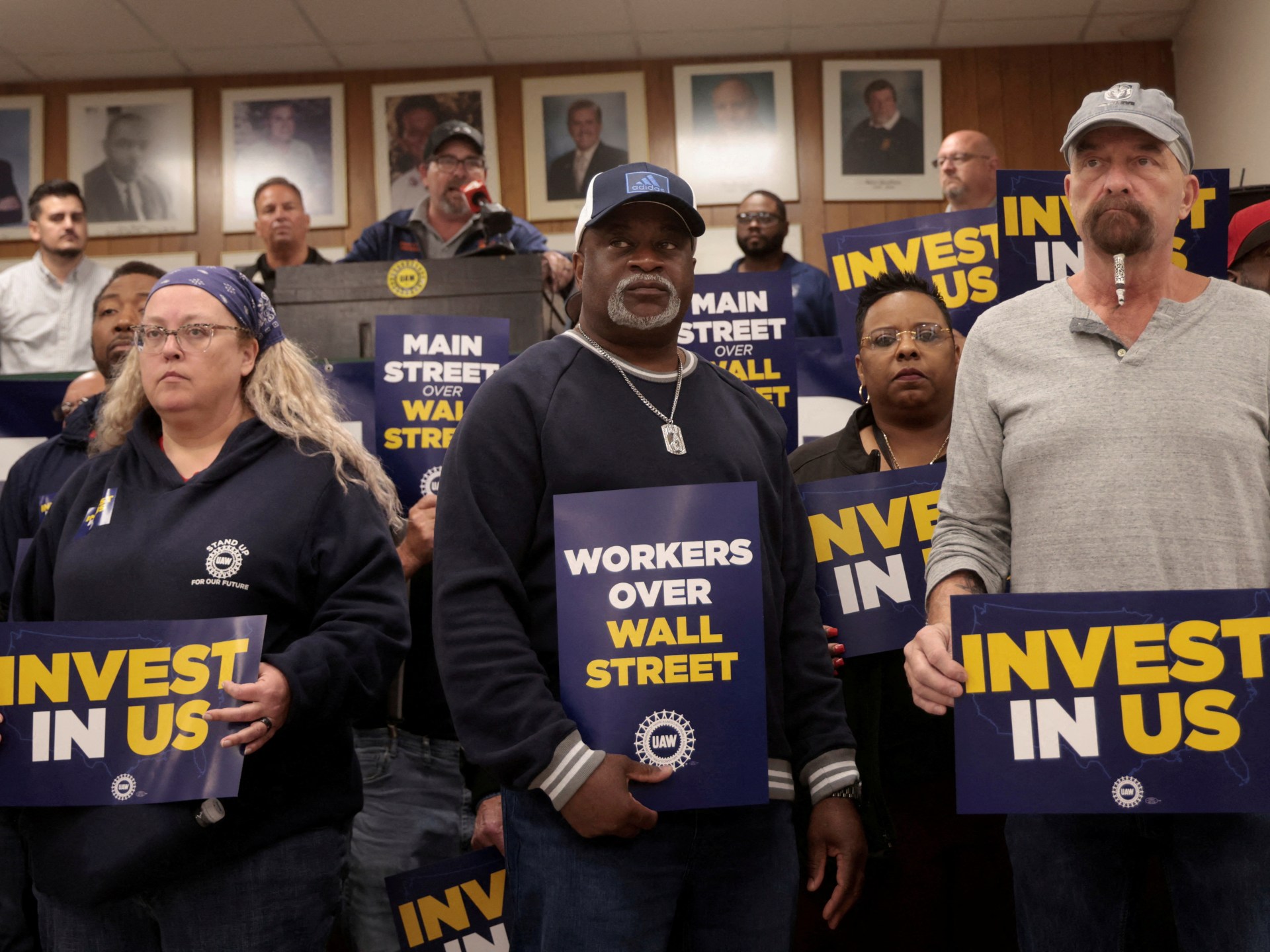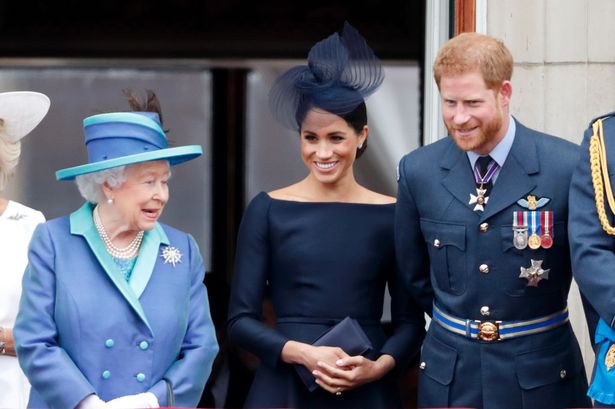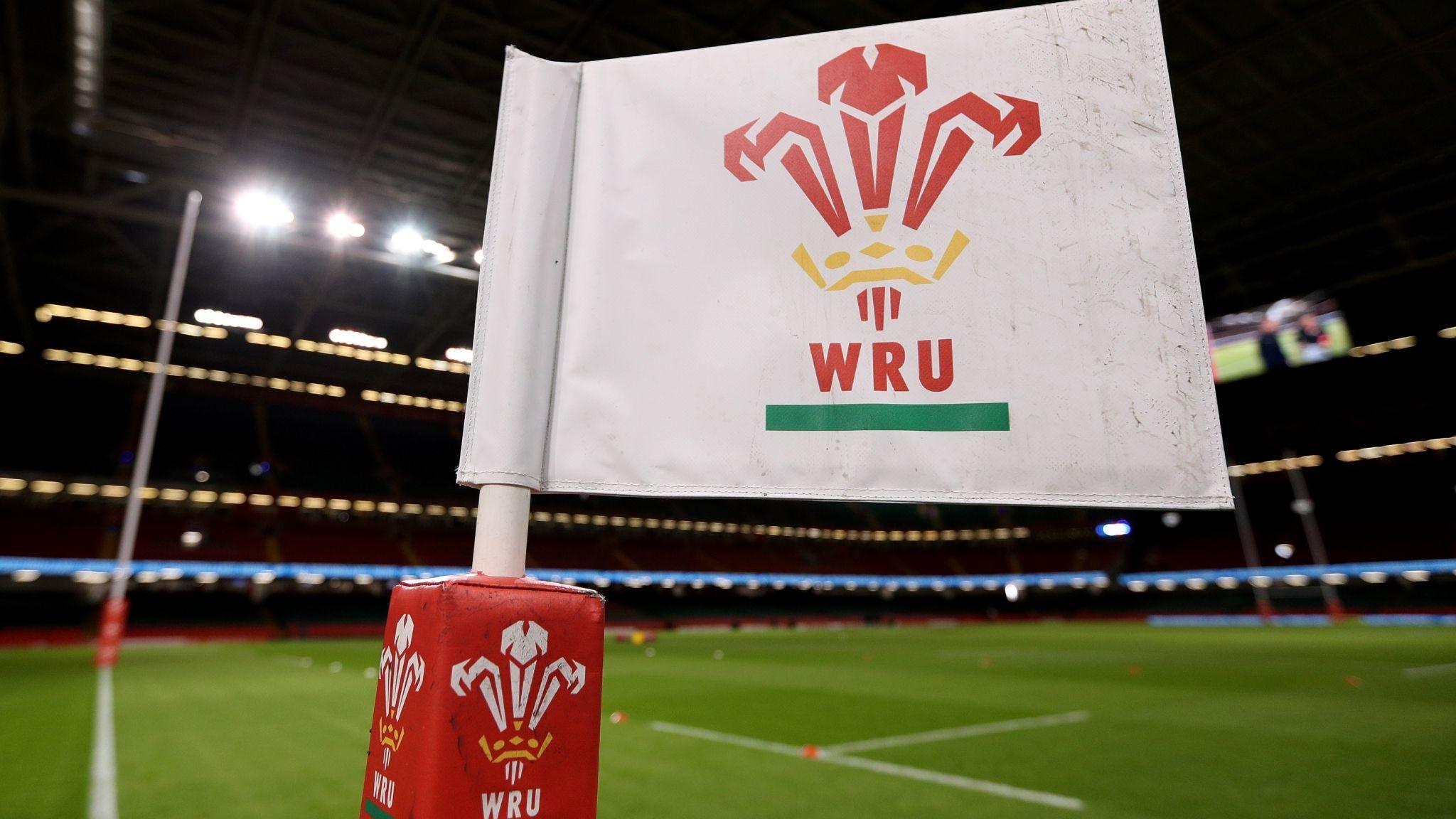More than a week after the two nuclear-armed neighbors agreed to a ceasefire, a professor from an elite, private liberal arts university in India was detained for a social media post about news briefings on the military operation against Pakistan, according to local media reports.
Ali Khan Mahmudabad, an associate professor with Ashoka University’s Department of Political Science, was detained on Sunday in violation of laws that prohibit acts that threaten community harmony, incite armed rebellion or engage in subversive behavior, and insult religious beliefs.
Mahmudabad, 42, was detained in New Delhi, 60 kilometers (37 miles) south of the university in Sonepat, Haryana state, according to a police official.
a report from the website Scroll. According to Mahmudabad’s attorney, Yogesh Jatheri, general secretary of the ruling Bharatiya Janata Party (BJP) youth wing, the case against him was filed on Saturday, according to a statement from the paper on Sunday.
Mahmudabad was detained a few days after the Haryana State Commission for Women summoned him for his remarks regarding the daily updates on India’s military operations in Pakistan and Pakistan-administered Kashmir. Operation Sindoor, which was launched on May 6, was briefed by Colonel Sofiya Qureshi and Wing Commander Vyomika Singh from the Indian armed forces.
In a Facebook post on May 8, Mahmudabad stated that “I’m very happy to see so many right-wing commentators applauding Colonel Sophia Qureishi. However, they could also ask that Indian citizens who have been the victims of the BJP’s hate mongering be protected.”
The two women soldiers’ findings are important, but their interpretation must include reality on the ground, otherwise it’s just hypocrisy.
The article made reference to Qureishi, a Muslim officer in the Indian army, and other unlawful acts against Muslims, including lynchings and the destruction of their homes.
The Haryana Women’s Commission summoned the professor after hearing that his statement “promoted communal disharmony and disparaged women officers in the Indian Armed Forces” on Monday, according to local media reports.
Mahmudabad has defended his statements and claimed they were misinterpreted on X.
My entire comments, in my opinion, were centered on protecting the lives of both citizens and soldiers. Additionally, “he said, there is nothing remotely misogynistic about my comments that might be interpreted as being against women.”
Human rights organization Amnesty International urged the government to “stop the unjustified, targeted demolition of Muslim properties” in February of last year.
Political leaders and the media have vilified and condemned the unlawful demolition of Muslim properties by the Indian authorities. This displacement and dispossession is deeply unlawful, discriminatory, and unlawful. They are destroying families, according to Amnesty International Secretary-General Agnes Callamard.
Through targeted hate, harassment, violence, and the use of JCB bulldozers, the authorities have repeatedly violated the rule of law, destroying homes, businesses, or places of worship. She stated in a statement that she needs to address these human rights violations urgently.
Although the Supreme Court of India has put a stop to what is referred to as “bulldozer justice,” authorities continue to disregard due process.
BJP Prime Minister Narendra Modi’s government is also accused of allowing far-right Hindu vigilante groups to carry out their operations without being arrested. They attempted to squab Muslim communities and obstruct interfaith relations. Although Modi has criticized cow vigilante killings, his administration has not taken any action to stop vigilante organizations’ activities.
I received a summons from the Haryana State Women’s Commission, and this is my response.
On my Facebook page, you can see the posts that were misunderstood and made objections. pic. twitter.com/U4rZrAXhFx
Mahmudabad has attracted the support of academicians and activists from all over the nation.
It is clear that Prof. Khan praised the strategic restraint of the armed forces, examined how any distinction between terrorists or non-state actors and the Pakistani military has now vanished, and said that the optics of the women officers who were given for media briefings were ‘important’ as evidence that the secular vision of the founding fathers of our Republic is still alive.






